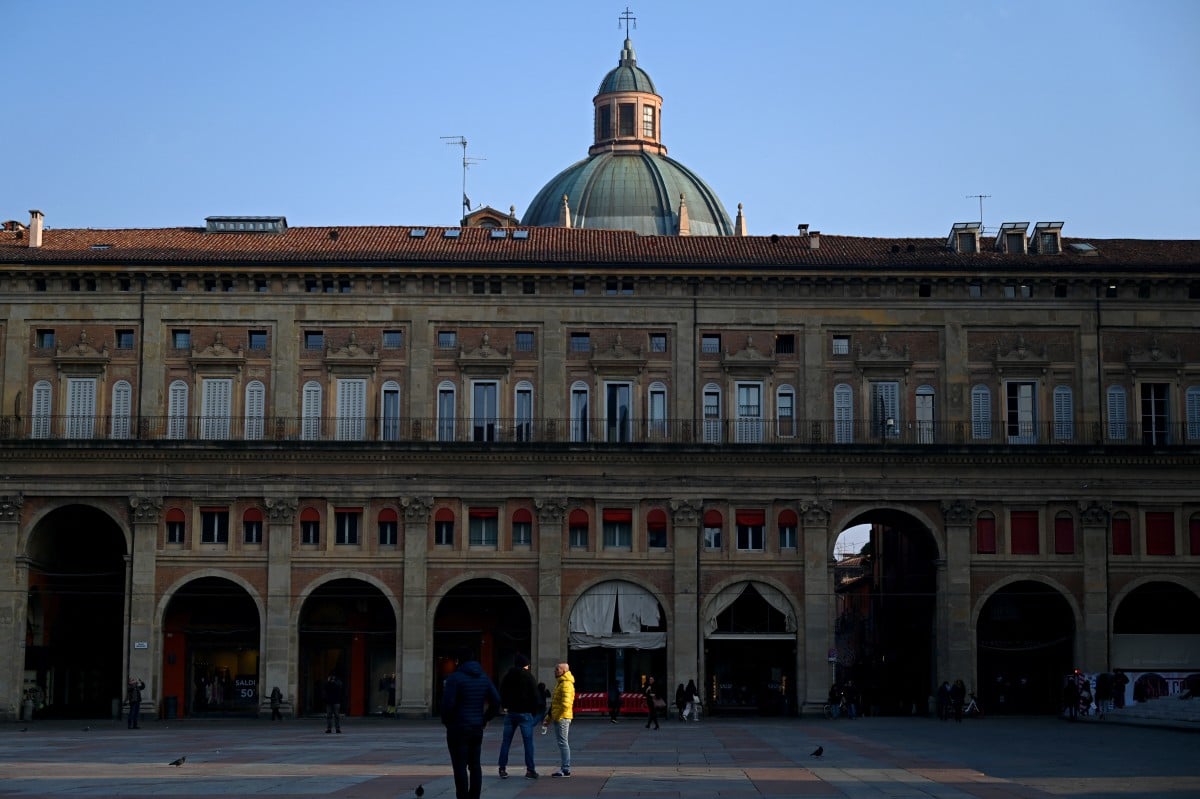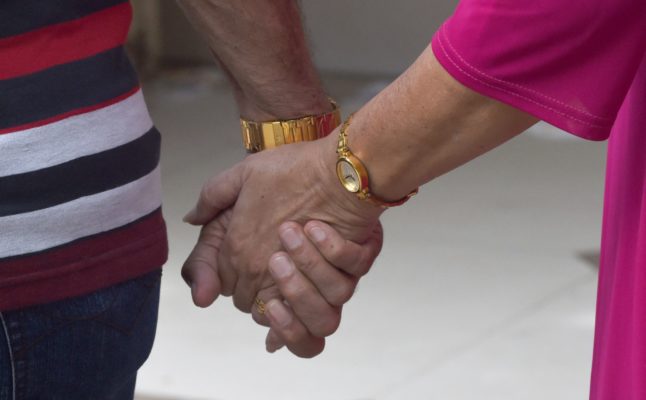Back in 2016, the Italian government passed the Cirinnà Law, which granted more rights to unmarried couples in the country and cleared the way for the state to recognise them as de facto couples (coppia di fatto).
These rights include access to their partner’s medical records in the event of an illness, visitation rights if the partner is in prison, and eligibility to receive any damages if the partner died in a third-party accident. These were not rights unmarried couples had beforehand.
The law outlines that the couple can be heterosexual or same-sex, must be over the age of 18 and must not be related. Documents for an application include signing a Declaration of Constitution of De Facto Cohabitation (Dicharizione Di Costituzione Convivenza di Fatto) along with identity documents. The couple must be living together and registered at the same anagrafe.
It sounds easy enough to obtain, doesn’t it? But the theory turns out to be much more straightforward than the practical.
Take Steven Leeming and his Italian partner Giulia. Steven partially relocated to Italy from the UK eight years ago. He had been living in the country on and off due to the duo working overseas. They sought a coppia di fatto after the Brexit transition period.
“No one really knew what to do because the transition period being over was so fresh, so people were a bit confused when we asked for our relationship to be recognised,” Steven says.
When Steven applied for the coppia di fatto two years ago, he did not have Italian residency due to being out of the country for long periods of time. He was advised to enrol in an Italian language course so he could get a student visa and his permesso di soggiorno, which most non-EU citizens should have to be in the country if they want to spend more than 90 days in a 180-day period. The language course he was proposed cost around 5,000 euros.
READ MORE: What you need to know about divorce law in Italy
“It was too expensive for us,” his partner Giulia says. “So this was not a good option at all. We went to a lawyer instead and they said to us we should go to the anagrafe and ask for Steven to be put down in the same residency as me.”
This is where the couple faced a problem. The anagrafe could not put Steven down as living in the same address as they could not find Steven in the Italian system therefore they were told the couple could not register as a coppia di fatto.
“We were stuck in a never-ending loop,” adds Giulia.
This is a hurdle quite a few international couples looking to get coppia di fatto in Italy face if they do not have residency in the country.

In 2020, the Court of Bologna and the Court of Modena ruled foreigners have the right to enter Italy to be reunited with an Italian partner even if they are not registered on the system. The Court of Milan, the province in which Steven and Giulia now reside, ruled the same a year later in 2021.
“We were stuck,” Giulia continues. “We went in there with the laws printed out, and they still wouldn’t listen.”
Steven says he gave up on getting a coppia di fatto in Italy. It just so happens his granddad was Polish and he was able to get his Polish passport. As he is now a citizen of the European Union once more, it is easier for him to be in Italy.
“In total it took me seven months to get my passport and cost me 1,000 pounds, which is a hell of a lot quicker and cheaper than getting a coppia di fatto from here,” Steven adds.
The two were advised time and again to get married as it would make things easier.
“We didn’t want to do this, because it is within our legal rights to be recognised as a couple without being married,” Giulia says.
“I do understand the logic behind their advice though,” joins Steven. “It would have been quicker to be able to stay in the country and get your rights recognised.”
READ ALSO: Why you shouldn’t take your husband’s surname in Italy
Steven and Giulia aren’t the only couple who have been advised to get married.
UK citizen Robynne Eller, an E-learning consultant in Bari, says she’s been advised time and time again to do the same with her Italian partner. The two met in the UK and lived there together for two years before making the move to Italy in May 2021.
Robynne enrolled onto a university course so she could get her permesso di soggiorno. When she finished, she and her partner applied for a coppia di fatto. That was last year, and there is still no word on the progress of her application.
“I feel like I’m stuck in limbo,” Robynne says. “With the permesso di soggiorno, I had my receipt in hand so I could leave and enter the country without being held up by border control. With the coppia di fatto application, I received nothing.”
Robynne is worried about leaving Italy for now, in case border control don’t let her back into Italy – but she says she’ll have to do it soon as her grandmother back in the UK is ill.
Her permesso expired in December last year. When she asked her immigration lawyer what to do, he responded that she was fine because her application for a coppia di fatto was in place.
“I have nothing to hand if they question me on my motive to be in the country,” Robynne says. “Without my documents, I can’t do much here. I can’t progress in my field of work because I need a contact and to have a contact you need to have a number.
READ ALSO: The five most essential pieces of paperwork you’ll need when moving to Italy
“I can’t be put down on rental agreements. And I can’t fly out to see my family or go on holiday. I’m trying to construct a life here but I don’t know where I stand.”
Robynne and her partner have both paid sums of money to the immigration lawyer, who has not updated them frequently nor given them a timeline on when the coppia di fatto will be completed. She says it is infuriating because this is something you should be able to do alone without legal help.
“Anything bureaucratic is really complicated and lengthy and I’ve learnt not to expect the same things as I would in the UK. But on top of that I want a future here and that isn’t secure yet.”
Robynne is also infuriated at the fact she has been advised to marry by local government workers. She sees the choice to marry as a highly personal one and discloses she would like to marry her partner one day, but she has recently got divorced and cannot contemplate marrying again so soon after.
“If there is a law for a coppia di fatto, Italy should implement their law,” Robynne argues. “What they should not do is try and force marriage on people. That’s not right.”
The same advice was given to another British citizen, who has asked to remain anonymous for visa processing reasons. She moved to the Sorrento area just last month with her child and partner.
They decided the coppia di fatto was not for them as it was too lengthy, and marriage is not on the cards just yet.
She was fortunate enough to be able to apply for a family reunification visa as her daughter is a dual citizen. She chose the visa as she supposed she would stand a greater chance of being permitted to stay here.
“We’ve submitted the family reunification application and have a date to attend the appointment in November. I’ve been told I am fine to stay until then as it’s an ongoing thing, even though it will take me over my 90-day limit,” she says.
Unlike Robynne, she has been told she can fly to and from the UK with no restrictions.
As seen with all three cases above, the coppia di fatto route in Italy, though legal, is by no means necessarily easy. There is still a lot of uncertainty around the process despite it being legal for eight years.
Getting married for some may not necessarily be better, but as Steven pointed out, it would very likely be quicker.




 Please whitelist us to continue reading.
Please whitelist us to continue reading.
Member comments